'The Glory of the Garden' by Rudyard Kipling was first published in 'A School History of England 'in 1911.It is an eight-stanza poem that is separated into sets of four lines, known as quatrains.These quatrains conform to a consistent rhyme scheme of AABB CCDD, and so on, changing end sounds as the poet saw fit. The lines are also very consistent in their syllable number.. With statues on the terraces and peacocks strutting by; But the Glory of the Garden lies in more than meets the eye. For where the old thick laurels grow, along the thin red wall, You'll find the tool—and potting—sheds which are the heart of all. The cold—frames and the hot—houses, the dung—pits and the tanks, The rollers, carts.

The Glory of the Garden YouTube

morning glory Morning glory, Garden, Plants

Behold! Garden Glory! Atomic Redhead

Garden Glory
Follow My Heart Garden Morning Glory
Kris's 2011 A Photo A Day Morning Glory in Side Garden September 14, 2011
Curiouser and Curiouser The Glory of an English Garden

Morning glory Morning glory, Plants, Garden
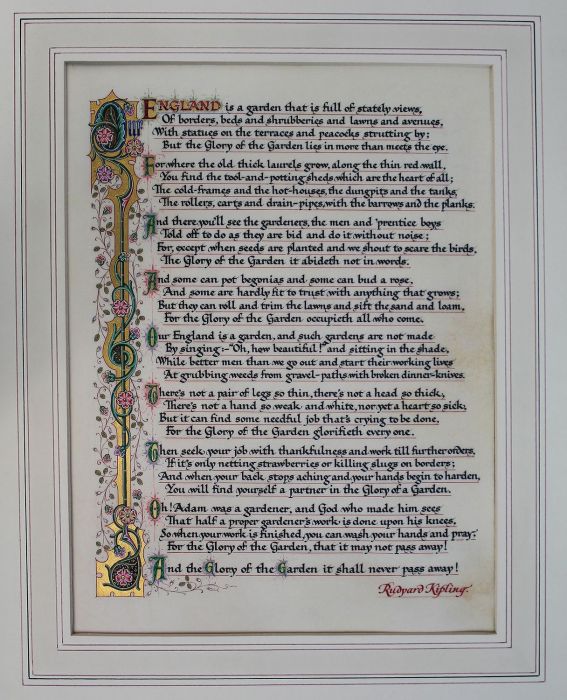
Shop Lucius Books. Rare Books, First Editions, Signed copies in York, UK
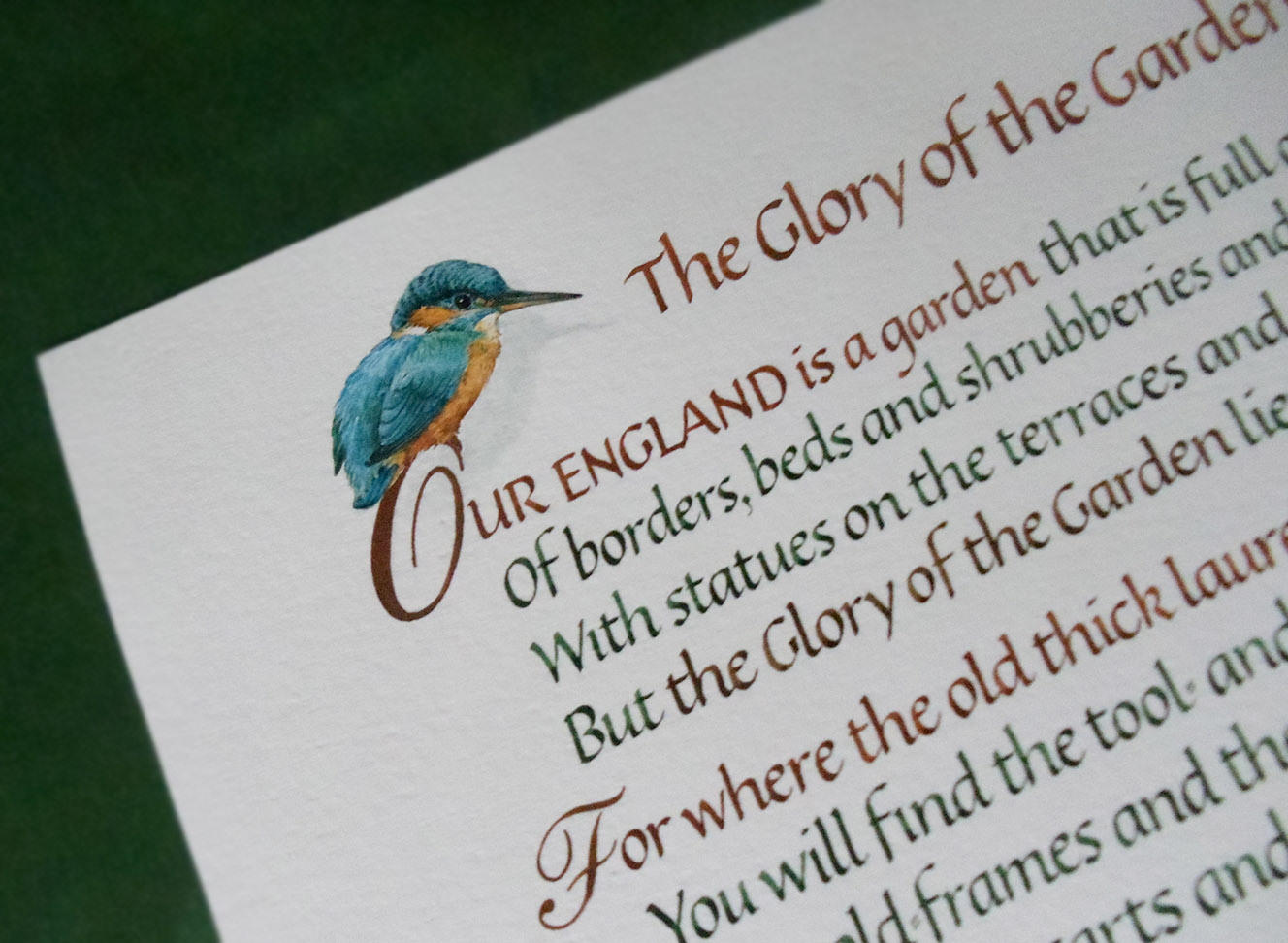
The Glory of the Garden The Pigsty Studio
Garden glory Snaps Can Speak
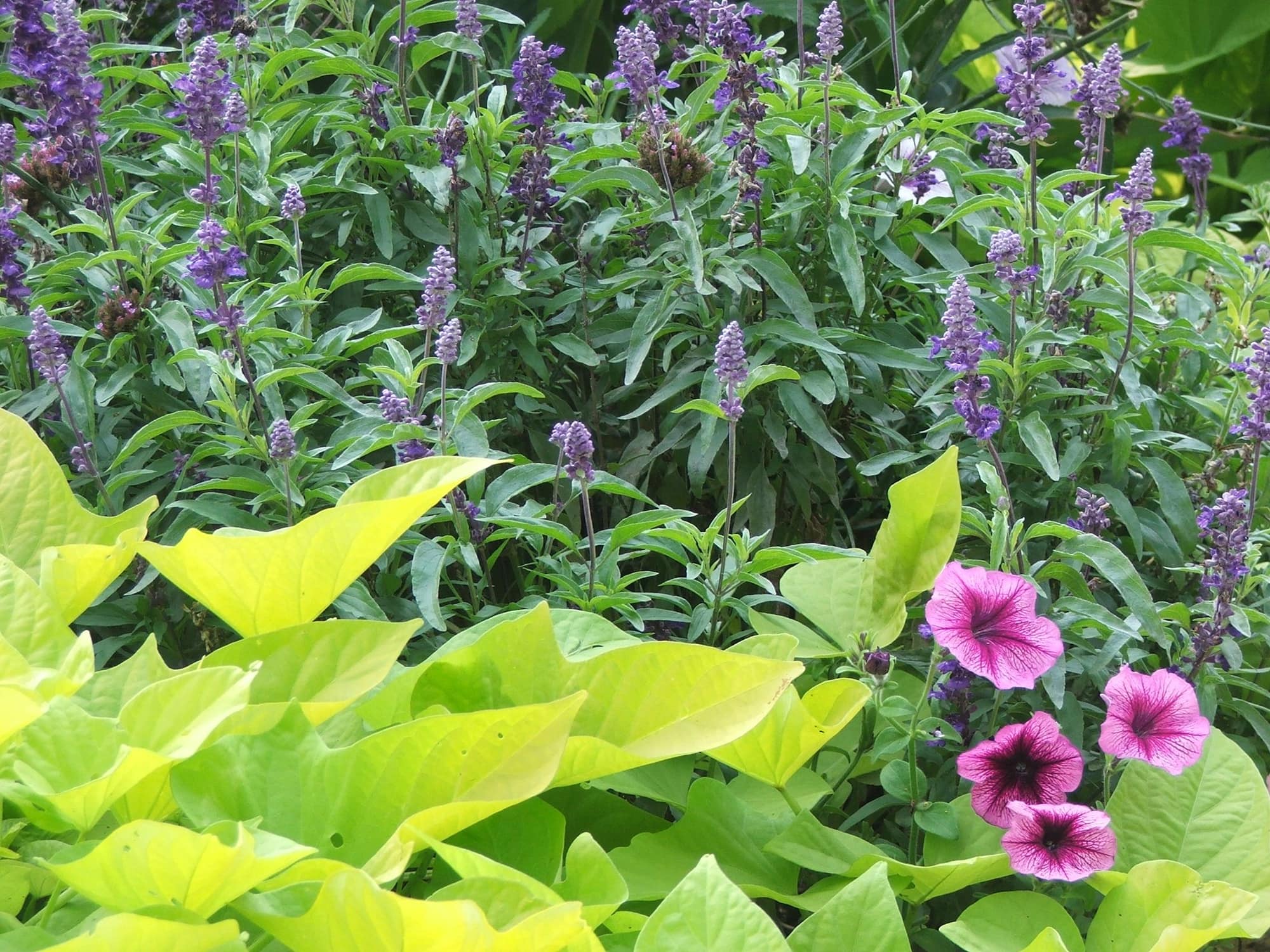
Garden Glory photo by TheCosmosGarden on Garden Showcase
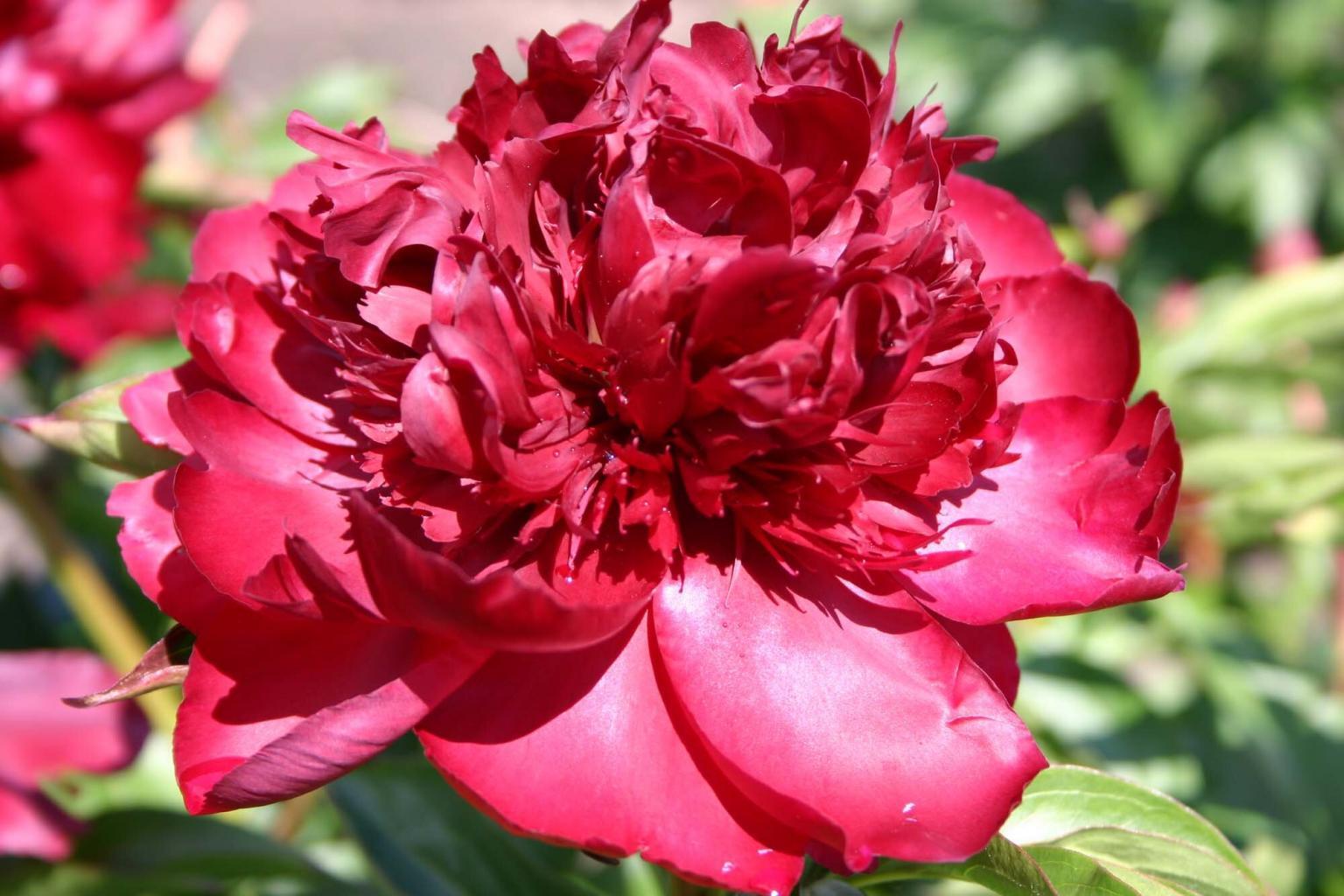
Garden Glory Parkland Peonies
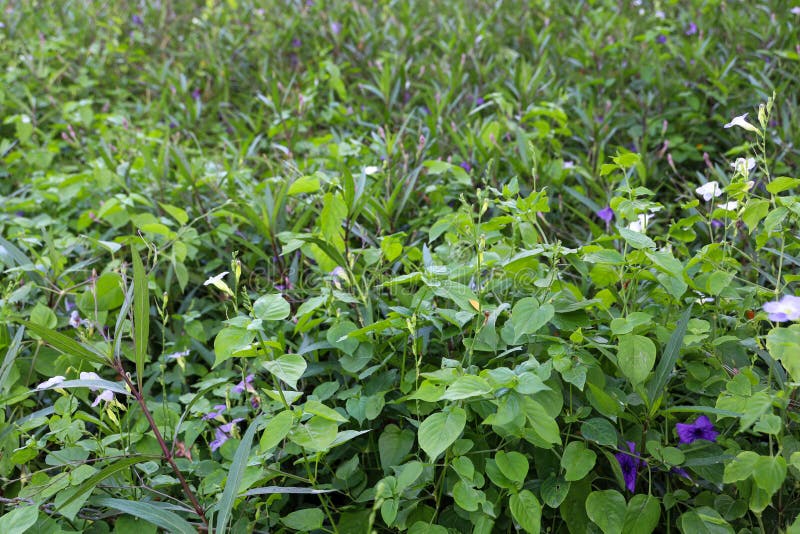
The Morning Glory Garden on Sand in Bay at Thailand Stock Image Image of natural, summer

Garden Glory Mendocino Maples Nursery

morning glory on the harbour Morning Glory, Harbour, Garden, Plants, Garten, Lawn And Garden

Glory Garden Estate, 8 Mile, Port Moresby, Madang

Morning glory Morning glory, Plants, Garden

The Glory of the Garden (1982) — The Movie Database (TMDB)
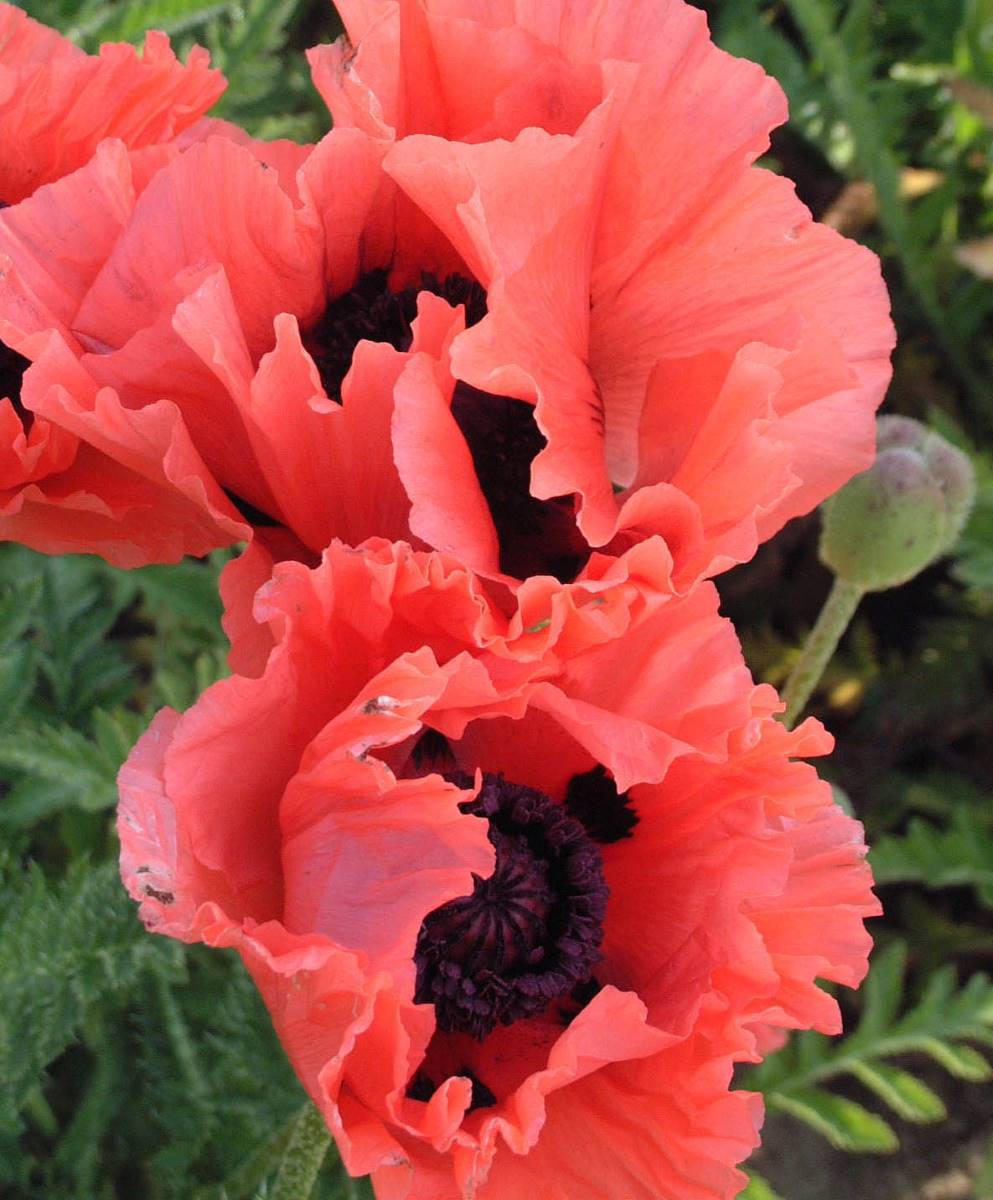
Papaver Garden Glory Verschoor Horticulture
Our England is a garden that is full of stately views, Of borders, beds and shrubberies and lawns and avenues, With statues on the terraces and peacocks strutting by; But the Glory of the Garden lies in more than meets the eye. For where the old thick laurels grow, along the thin red wall, You will find the tool- and potting-sheds which are the heart of all; The cold-frames and the hot-houses.. Fie on't, ah fie, 'tis an unweed'd garden That grows to seed; things rank and gross in nature Possess it merely.' (Hamlet, I, ii, 133-7) Kipling's view in "The Glory of the Garden" is little different from that of Shakespeare, except that he is writing for a newly democratic age. This understanding guides his whole approach.